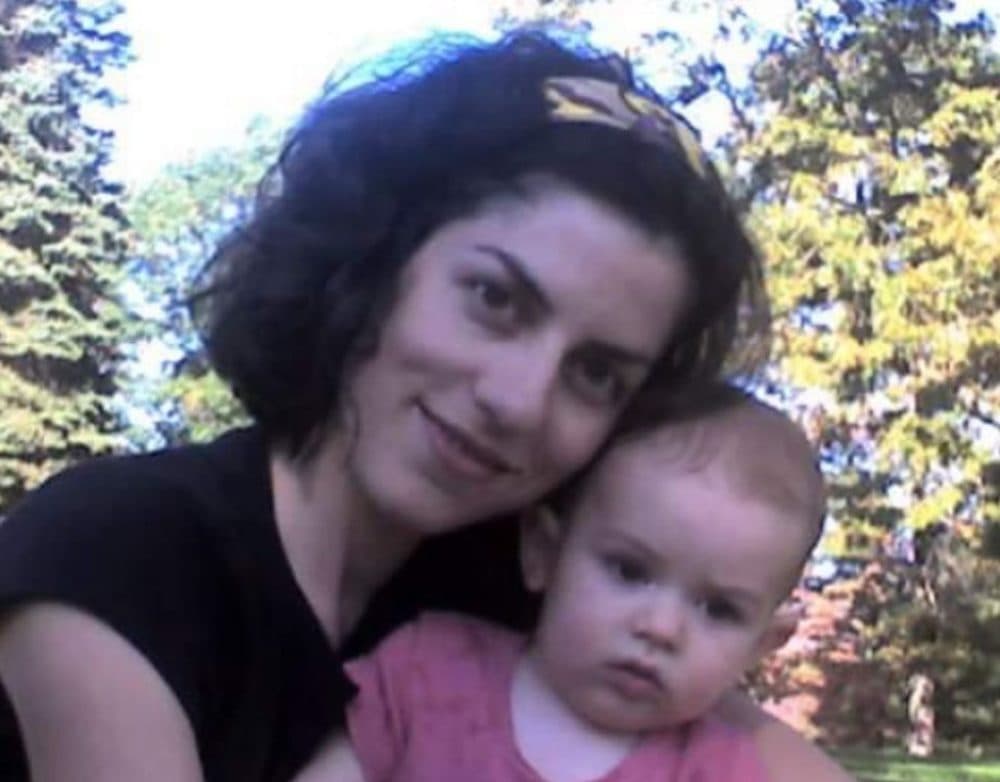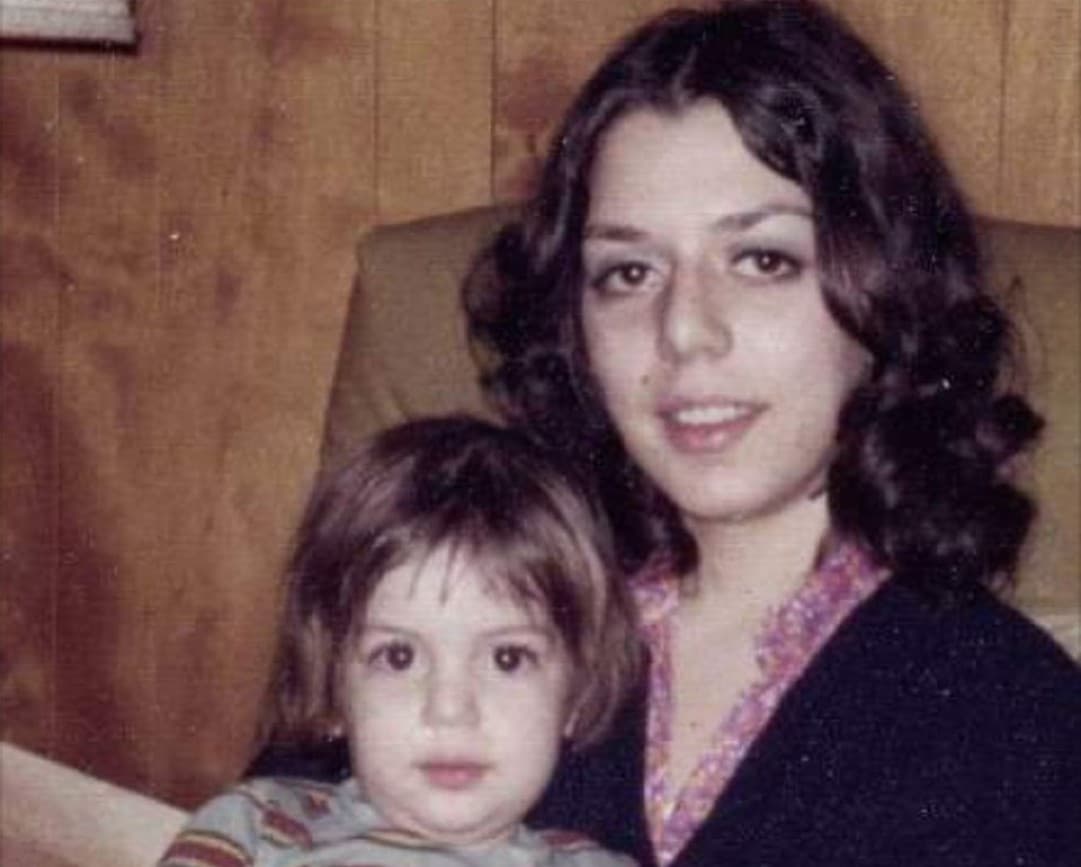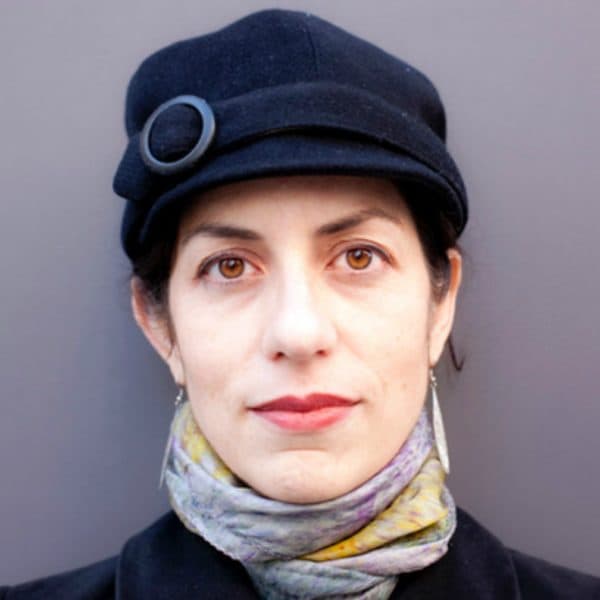Advertisement
Commentary
I'm longing to be the mother I never had

One morning early in the third year of the now times, my daughter wakes up and sits on the sofa, hair tangled, back slouched, eyes bleary. I’m already downstairs, in the kitchen, and on seeing her, offer breakfast.
“No.”
“A bowl of cereal?”
“I’m fine.”
What I hear: I don’t need you.
“But you aren’t eating and you need to eat,” I say.
“I can feed myself.”
“But you don’t.”
She rolls her eyes.
Is the relationship between a teen daughter and her mother inevitably one of conflict?
What is she feeding herself? In the pockets of her jackets, and in the crevices of her bedding, I find slippery, spent candy wrappers and empty bags of chips. She fills herself with all the junk I don’t want her to eat, all the junk I used to eat when I was her age.
“I told you not to go through my stuff,” she says when I mention the wrappers.
“You shouldn’t eat so much candy.”
“That’s from a long time ago,” she says. But I find the wrappers every week.
Is the relationship between a teen daughter and her mother inevitably one of conflict? Are we just a cliché?
Clichés were once all I knew of mothers. My own died in a car accident before I was 3, so I spent my childhood longing for an ideal mother, someone to make me cereal but also to dress me neatly, to tie my hair in braids. These were all the things my single father struggled to do, which made me feel singular, odd. But living now this mother-daughter relationship, day to day, I’m incredulous by what we’ve become. Where she used attack me with kisses, she now flinches from any touch or proximity.

“Can you leave?” my daughter said last night, as she geared up to clean the kitchen after dinner.
“You want me to leave?”
“Yes, you distract me.”
I smiled tightly, collected my things, and headed upstairs. Try not to be hurt, I said to myself. Don’t take it personally.
I get it. She needs to grow outside my watch. And yet.
Growing up, my daughter was an external processor. I never needed to ask about her life. If she joined me to walk the dog, or helped me with dishes, out it would come: friend drama, musings on life, her latest cultural obsession. Neighborhood moms used to rib me: “I like driving your daughter home from soccer — it’s the only way I find out what’s happening with my daughter. She just talks and talks.”
I don’t quite know when she changed, only that she has.
Not anymore. I don’t quite know when she changed, only that she has. She’s reserved, holding her feelings inside. I can see it in how she balls her hands into fists, in the downward shift of her gaze. Something’s going on, but she won’t say what, not with me, not with her dad.
“You remember being 16, don’t you?” my husband, Jeff, asks when I complain to him.
“Not really.” I say, “Not like this.”
Here’s what I remember: my dad’s absence. How I’d mostly come home to an empty apartment, a note and a frozen dinner. By 16, I was making my own money at my own job. In our Haight Ashbury neighborhood, I came and went as I pleased and I liked it. He would complain if I didn’t do my share of chores, but I knew he loved me anyway. I was a terrible roommate, but one he couldn’t kick out, would never kick out. He was gone too much to ever annoy me in the ways I allegedly annoy my daughter.
But she wants nothing to do with me, especially me, and this realization feels like the worst kind of breakup.
Still, I wanted a mother, someone who’d care about my feelings enough to ask questions and listen. Someone who could help me be the kind of girl boys didn’t break up with, or at least tell me that this wasn’t such an important thing to be. I don’t think my dad even knew where I was many weekends. He didn’t see my mood swings. It’s no wonder I want to play the supportive mother with my own daughter.
But she wants nothing to do with me, especially me, and this realization feels like the worst kind of breakup.
“Is anything wrong? I ask after another terse dinner.
“No.”
When I press she says, “I don’t have to tell you. My feelings are my business.”
I wonder if we are mistaken to believe our kids continue to be ours as they grow, that we should have access to their inner lives, if only to keep track of their ups and downs and offer help when needed. We spend years working toward the goal of their independence — teaching them how to tie their shoes, brush their teeth, and eventually, to drive. Then why’s it so painful when they no longer need us as they once did?
At home, after school, my daughter refuses the offer of a snack, even a glass of water. If this transaction is to succeed it needs to be wordless, absent of any detectable intent, any investment of feeling.
I pour her a glass of water and place it by her seat.
She drinks it, never meeting my eyes.
